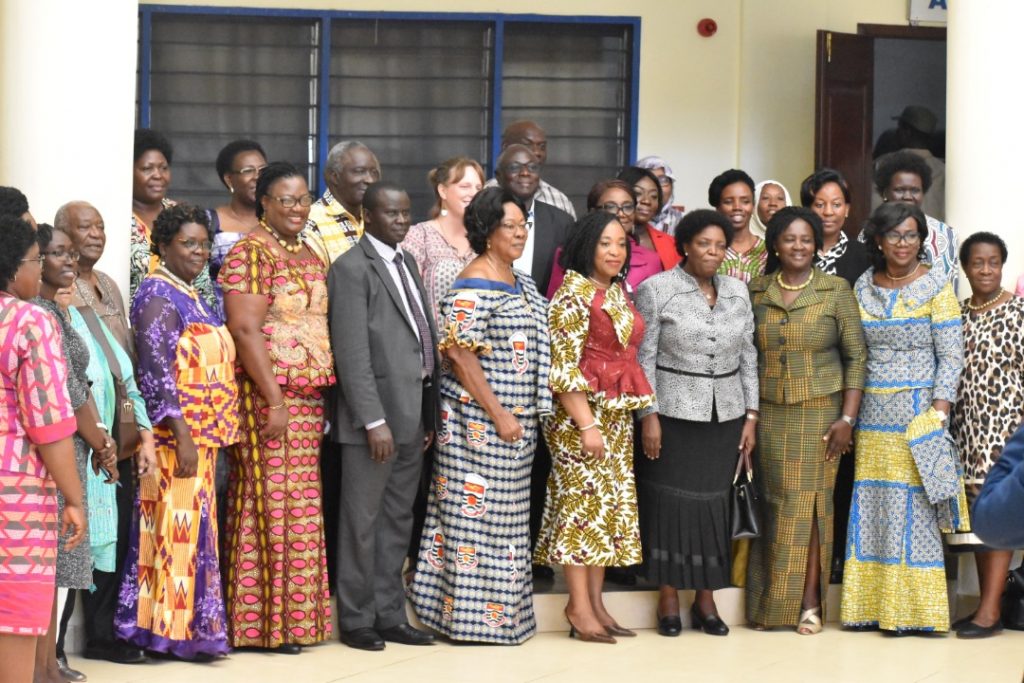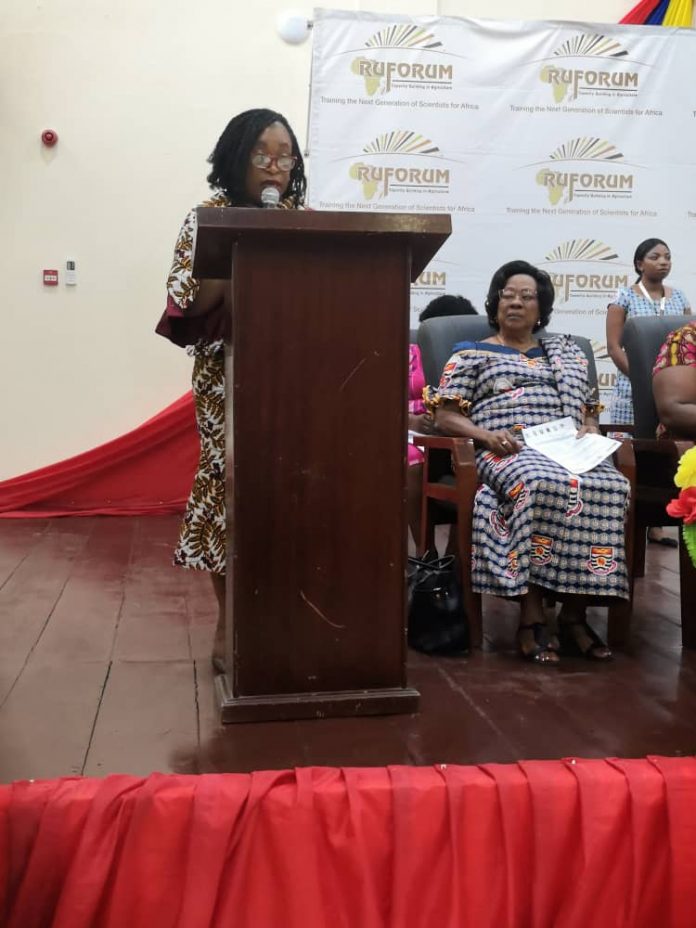|
Getting your Trinity Audio player ready...
|
Minister for Foreign Affairs and Regional Integration, Hon. Shirley Ayorkor Botchwey, has indicated the need for African leaders to provide an enabling environment for the continent’s women, children and young people to flourish and reach their full potential.
She made the call when she opened the third Forum for Women Vice Chancellors in Africa symposium in Cape Coast, on Monday, December 2, 2019.

The 5-day symposium in Cape Coast aims at providing a platform for female leaders of higher education and other sectors in Africa to deliberate on gender equality in higher education and women’s empowerment.
According to the Foreign Minister, the growing concern regarding the lack of women in senior or leadership positions in all spheres of human endeavour, particularly in higher education, and more specifically in science and technology across Africa cannot be overemphasized.
She lamented that available statistics indicate that out of the total number of teaching and research faculty members, over 70% are males while the female population accounts for less than 30% of the number.
These figures at the University of Ghana reflect the trend in all public and private universities across the country and painfully confirms the fact that indeed African universities have not yet shed their cultural and other gendered discriminatory practices, she added.
Regrettably, Hon. Ayorkor Botchwey stated, despite the widespread introduction and implementation of equal opportunity policies in higher education, women continue to face numerous impediments in reaching senior positions in academia.
“This can be attributed to the endemic sociocultural and systemic barriers that many female academics face in universities across the world,” the Minister added.
Resilience
However, she noted that in spite of the challenges that continue to confront many women across universities in Africa and Ghana, various studies have also shown that female academics have learnt over the years to take these challenges in their stride and find ingenious ways of overcoming them.
Agriculture Sector
The Minister for Foreign Affairs and Regional Integration also spoke about women’s contributions to the development of the agricultural sector in Africa.
“There is no gainsaying that agriculture plays a significant role in Africa’s development trajectory,” she said.
According to her, “it remains the mainstay of the economies of most African countries, accounting for about 23% of the region’s GDP.”
Women, according to the UNDP, constitute about 80% of African farmers, yet they own only about 1% of the land.
” Women form over 50 per cent of the population, but have unequal access to economic, political, social and cultural opportunities. No doubt women bear disproportionate burden of poverty, illiteracy and diseases,” the Minister bemoaned.
Recognize Women’s Contributions
We all acknowledge that women are an integral part of the agricultural value chain – farming and harvesting in the field; rearing of animals; agro-processing; policy formulation, and of course, research and development like many of you gathered here today, she said.
” It is important, Ladies and Gentlemen, to recognize these contributions by women and mainstream them into policy formulation and implementation.”
About The Forum
The Forum for Women Vice Chancellors in Africa was established in 2016 to encourage more women to take leadership roles and provide a platform to significantly influence the development of women in higher education across Africa.
The symposium is organized by FAWoVC as part of the project implemented by Busitema University, Uganda on strengthening capacity of the Forum to promote gender inclusive participation in science, technology and innovation, which is funded by Islamic Development Bank and the Regional Universities Forum for Capacity Building in Agriculture.
Source: Daily Mail GH





